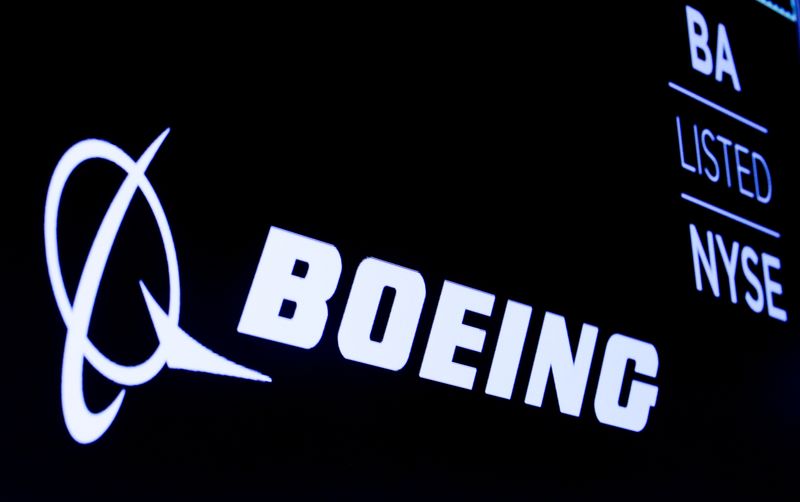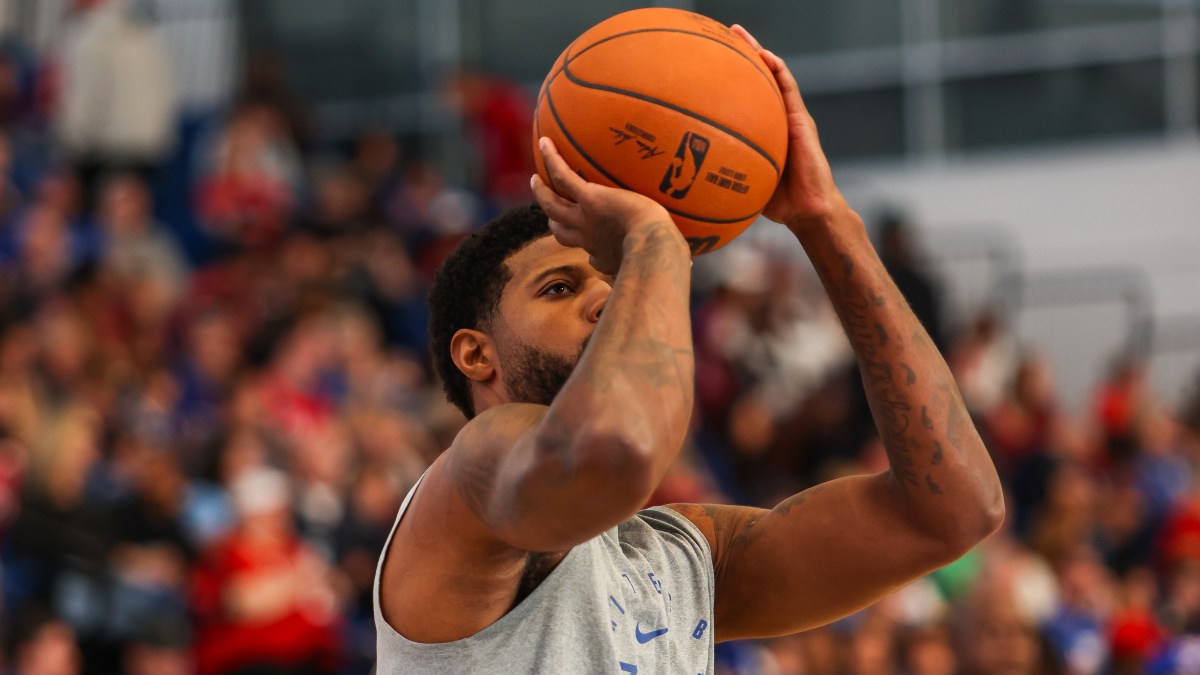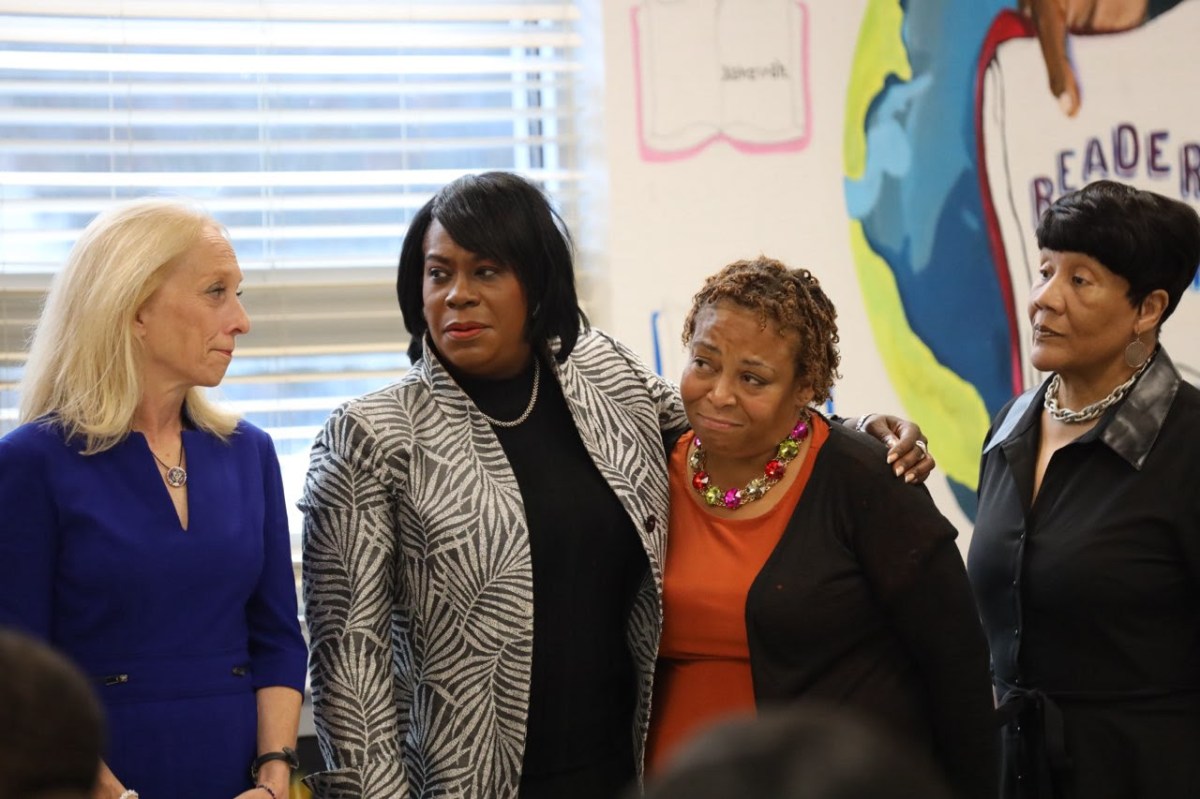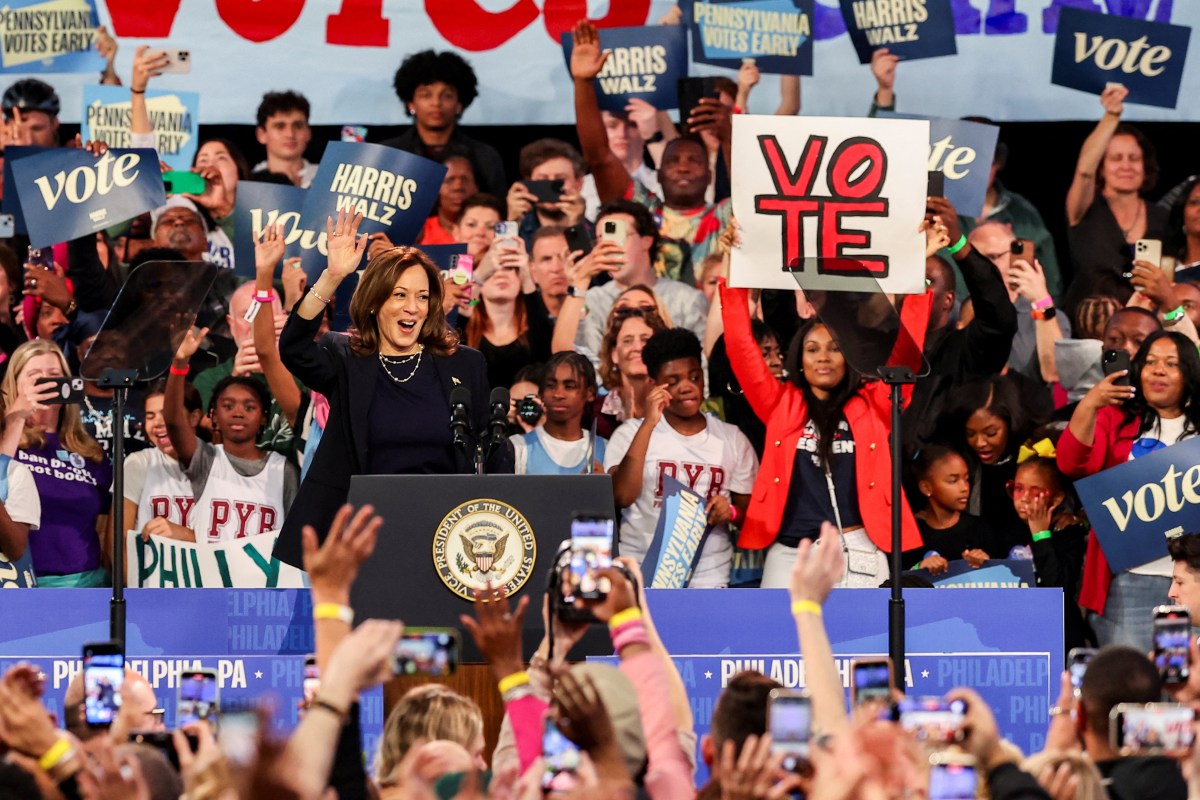SEATTLE/WASHINGTON (Reuters) – Two veteran Boeing Co directors will step down, the U.S. planemaker said on Wednesday, the latest high-profile departures from the board as it faces scrutiny over the 737 MAX grounding after fatal crashes.
The moves also come as Boeing is fighting to stem the financial fallout from the overlapping coronavirus pandemic, which has rocked global aviation.
Arthur Collins, a former chairman and chief executive officer at Medtronic and director on the Boeing board since 2007, and Susan Schwab, a former U.S. trade representative and director since 2010, are both retiring, Boeing said.
“The board will continue to take steps to identify a pipeline of diverse candidates with appropriate expertise,” Chairman Larry Kellner said in Boeing’s announcement.
Two other directors – former U.S. ambassadors Caroline Kennedy and Nikki Haley – stepped down in January 2021 and March 2020, respectively.
Since 2019, the board has implemented changes to improve oversight of Boeing’s engineering and industrial operations as the company navigated fallout over the grounding of its best-selling 737 MAX jetliner after crashes in Ethiopia and Indonesia killed 346 people in a span of five months.
It separated the chairman and chief executive roles, before ousting previous CEO Dennis Muilenburg, created a new Aerospace Safety Committee, and added two new directors with experience in engineering and safety.
In a complaint freshly unsealed earlier this month, New York State Comptroller Thomas DiNapoli, who heads the state pension fund, and other investors alleged Boeing’s board breached its fiduciary duties and acted with gross negligence by failing “to monitor the safety of Boeing’s 737 MAX airplanes.”
The board did not develop any tools to evaluate and monitor airplane safety until after both crashes and its fleet was grounded, according to the lawsuit, filed in Delaware Chancery Court.
It also said the board “accepted Muilenburg’s assertion that the 737 MAX was safe,” and that Boeing was being unfairly maligned in the press, without demanding a safety briefing or a factual investigation, the lawsuit says.
The board did not receive a briefing about the basics of airplane safety until the end of April 2019, several weeks after the jet’s worldwide grounding.
“Predictably, Plaintiff’s lawsuit presents a distorted account of news interviews by Company leadership about the Board’s oversight activities,” a Boeing spokesman said.
Senior management and board members engaged in “robust safety oversight,” including extensive reviews of engineering processes, airplane development, and production, he said.
“We believe the plaintiffs’ claims lack merit, and will renew our motion to dismiss the lawsuit later this year,” he added.
(Reporting by Eric M. Johnson in Seattle, David Shepardson in Washington, and Tracy Rucinski in Chicago; Editing by Jonathan Oatis and Richard Pullin)





















